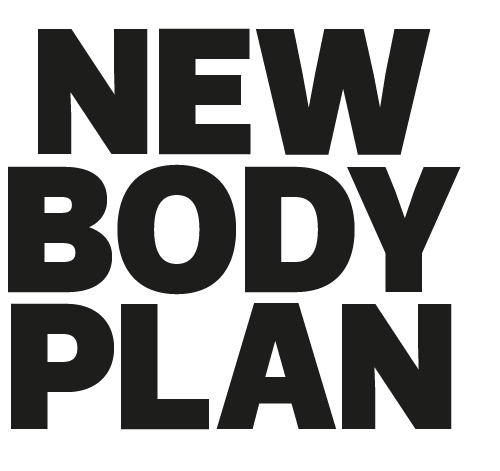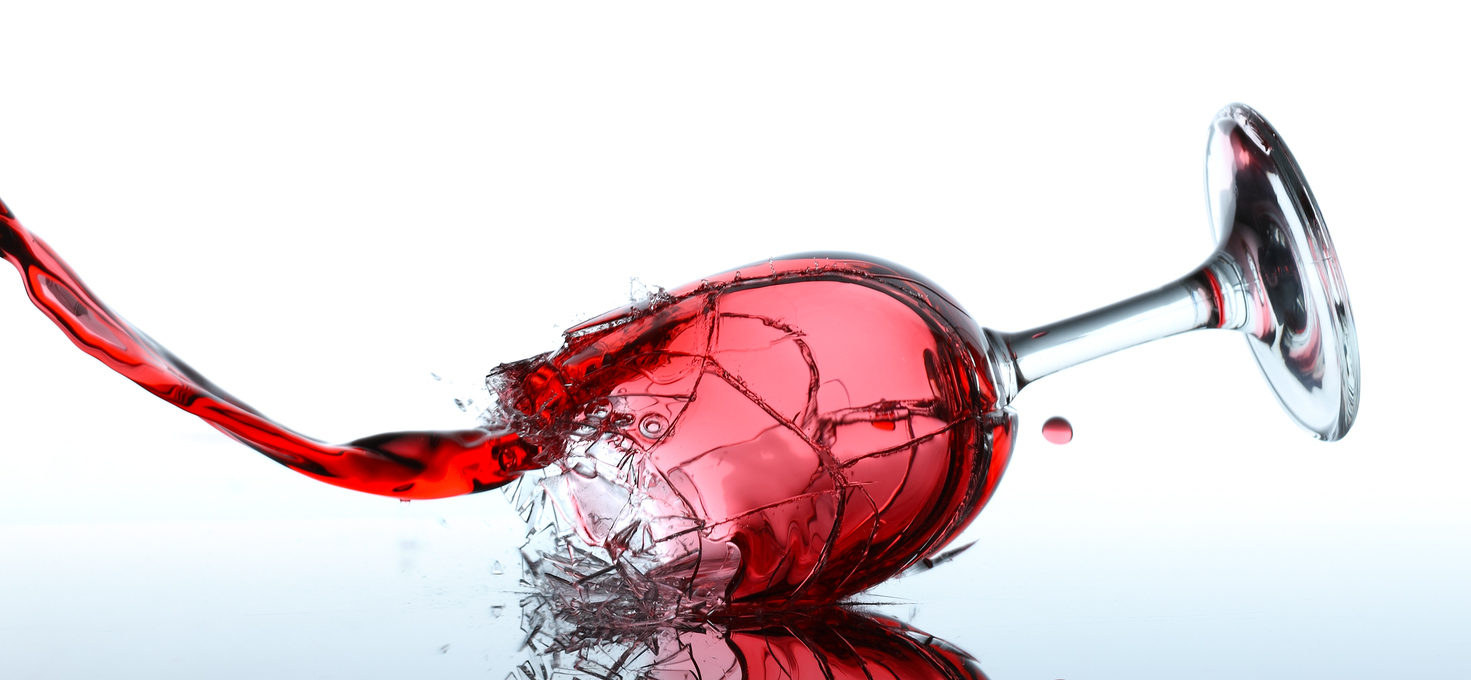Ignore these common food myths to lose fat faster
Many nutritional falsehoods are accepted as facts, but some common food myths are more damaging than others in preventing you from getting fitter and healthier. We’ve looked at the science to settle any uncertainty once and for all, says New Body Plan founder and Men’s Fitness cover model Jon Lipsey
Food lie: carbs eaten after 6pm are stored as fat
The theory that eating carbs at night is a fast route to fat gain is built on the false assumption that our resting metabolic rate (RMR) slows down during sleep, so any excess energy gets stored as fat. While energy expenditure does decrease 35% during early-stage sleep, according to the journal Metabolism, it then increases significantly during deeper REM sleep to the extent that RMR is the same at night as it is in the day, according to the European Journal of Clinical Nutrition.
What’s more, exercise significantly increases RMR during sleep, according to the Canadian Journal of Applied Physiology. So you’ll burn more fat as your body recovers. In reality a high-carb dinner can help reduce body-fat levels by sending you to sleep faster. Why? Because carb consumption increases blood concentrations of tryptophan, an amino acid that makes you feel drowsy. Subjects fed a high-carb dinner in the four hours before bed fell asleep faster than those who weren’t given carbs, according to research from the University of Sydney.
To find your perfect transformation plan, take the New Body quiz!
Take the New Body quiz!
Food myth: A nightcap helps you get to sleep
You might think that pouring yourself a wee dram after a long day helps you sleep deeper for longer. But booze before bed isn’t the best way to get a good night’s rest . Why? Because of how alcohol affects brain activity, according to research in the Alcoholism: Clinical & Experimental Research Journal.
Subjects who drank just before bed had more slow wave sleep patterns, called delta activity. This is the period of deeper sleep that’s associated with restoration. So far, so good.
But they also had heightened alpha wave patterns. These waves are usually active when are wide awake. And it’s this unnatural competition between alpha and delta waves that disrupts your sleep. That’s why you’ll often wake up tired and drowsy even only after having a single drink just before bed. Or still feeling shattered even after a massive booze-induced lie-in.
If you are going to drink, only have a couple and alternate with pints of water. And if you’re worried about your waistline try these low-calorie alcohol drink swaps to keep off the dreaded beer belly, man boobs, or lower back love handles.
Food myth: margarine is healthier than butter
Butter was cast into the nutritional wilderness for decades because of the perceived link between its high saturated fat content and heart disease, obesity and high cholesterol. But support for butter is spreading. Sales are up 7% globally in the last five years as margarine sales fell 6%, according to research firm Kantar Worldpanel, because the science behind the “fat is bad” claims has been largely discredited.
A meta-analysis of 72 studies of 600,000 people from 17 countries, published in the Annals of Internal Medicine, found total saturated fat has no association with heart disease. While research in the British Medical Journal found rates of death among men with heart disease actually increased when they ditched saturated fat for the type of polyunsaturated fat found in margarine. Butter is also a top source of vitamins A, D, E and K, and selenium, a powerful antioxidant that also plays a big role in an efficient metabolism. Time to dust down that butter dish.
Food lie: Cooking vegetables in the microwave destroys nutrients
Still boiling your broccoli? Step away from the saucepan if you want to get more nutrients from the veg into your system. Researchers from Zhejiang University in China cooked broccoli using the most common cooking methods. They concluded that steaming kept intact the most number of nutrients, including soluble protein, vitamin C and glucosinolate, the compound thought to be behind its cancer-fighting properties.
Microwaving was next best, with stir-frying and boiling resulting in the greatest nutrient loss. Why? Because of the veg’s exposure to high heat and vitamins leaching into the water. This supports research from the Harvard Medical School that found that the best cooking method for retaining nutrients is one that “cooks quickly, heats food for the shortest amount of time, and uses as little liquid as possible”. That sounds like microwaving to us.
Food myth: high-protein diets damage your kidneys
We evolved to become the smartest animal that’s ever lived thanks to a diet high in protein. So it’s hard to believe that in the last generation – a blink of the eye in evolutionary terms – it’s suddenly started damaging our kidneys. And you shouldn’t believe it. Because any study that links excessive protein intake to organ damage was conducted on people with pre-existing kidney disorders.
If you’re in good health then a high-protein diet can increase weight loss without any damaging side-effects, according to the Journal of the International Society of Sports Nutrition. It can also reduce blood pressure, according to research from the Institute of Food and Nutrition in The Netherlands.
To find your perfect transformation plan, take the New Body quiz!
Take the New Body quiz!
Train for your body type for your ultimate body transformation

